The class of intellectual youth who followed the revolution became the decisive factors for the birth of the Communist Party and the victory of the August Revolution. When the Democratic Republic of Vietnam was born, in order to search for and select talented people to participate in the resistance war, President Ho Chi Minh issued a Directive (November 20, 1946). The Directive clearly stated: "The country needs to be built, and construction requires talented people... Localities need to immediately investigate where there are talented and virtuous people and report immediately to the Government."
Ho Chi Minh respected talents regardless of their size: "We use great talents for big jobs, and small talents for small jobs. Whoever has the ability for a job, we assign to that job. Knowing how to use people like that, we will not worry about a shortage of cadres." According to Ho Chi Minh, talents "require the convergence of two factors: virtue and talent." He believed that: "Having talent without virtue is useless, having virtue without talent makes it difficult to do anything." The concept of talents according to Ho Chi Minh's thought: "Talent is expressed in intelligence, vision, and at the same time must be closely linked to the heart." The heart is the virtue of being loyal, dedicated, diligent, frugal, honest, impartial, and knowing how to sacrifice personal interests for the common good. Talent is the capital of understanding, the scientific knowledge trained in practice.
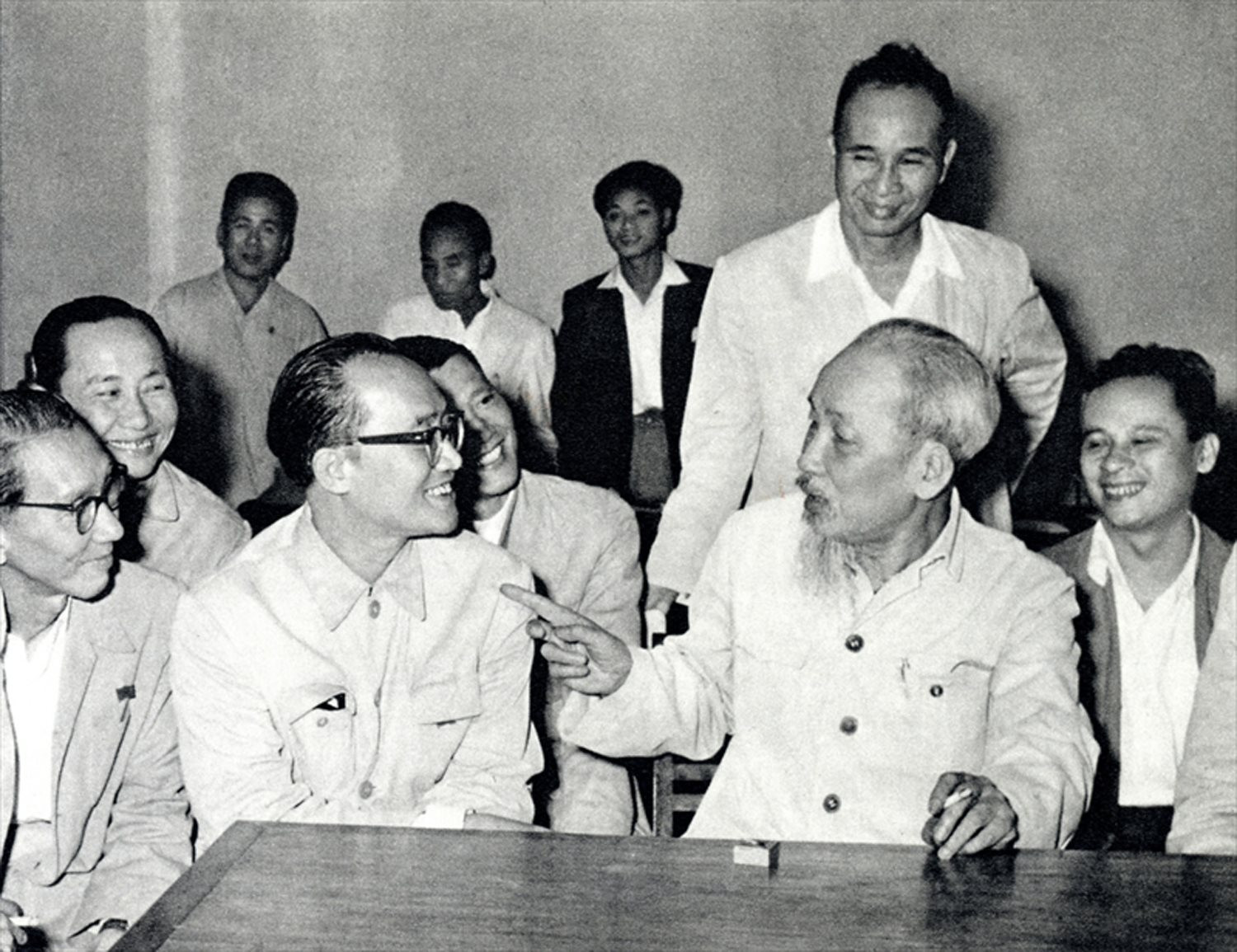
Ho Chi Minh's vision of talent was very specific and practical. He said: "Use people like using wood", "use people according to their talents, skillfully use them in the right place, right job". After the August Revolution in 1945, he advocated attracting mandarins of the Nguyen Dynasty and the Tran Trong Kim Government, as well as Vietnamese intellectuals at home and abroad to follow the revolution, such as Minister Bui Bang Doan, Imperial Commissioner Phan Ke Toai, Office Director Pham Khac Hoe, Minister of Youth Phan Anh, Governor of Ha Dong Ho Dac Diem...
In the Provisional Government established on August 28, 1945, there were 15 people, only 6 of whom were from the Viet Minh, the rest were intellectuals outside the Party, outside the Viet Minh Front, such as Minister of Economy Nguyen Manh Ha, Minister of Transport and Public Works Doan Trong Kim, Minister of Relief and Social Affairs Nguyen Van To, Minister of Youth Duong Duc Hien... By March 1946, the Resistance Coalition Government was established, with 10 ministries, the two parties Viet Quoc and Viet Cach held 4 ministries, the two important ministries, Interior and National Defense, were both held by non-party ministers.
By November 1946, when representatives of the Viet Cach and Viet Quoc parties withdrew, President Ho Chi Minh was authorized by the National Assembly to form a new government. He still advocated: "It must be a government of national unity and gathering non-partisan talents." Until after peace was restored (1954), the Government still had non-Party intellectuals as Ministers such as Nguyen Van Huyen, Phan Anh, Nghiem Xuan Yem, Tran Dang Khoa... Ho Chi Minh also invited many intellectuals from abroad to take on important positions in healthcare, education, justice, science and technology such as Ho Dac Di, Ton That Tung, Tran Huu Tuoc, Tran Dai Nghia... Even during the resistance war, he advocated selecting outstanding young people to send to study abroad, and at the same time opened universities in the country to train talents.
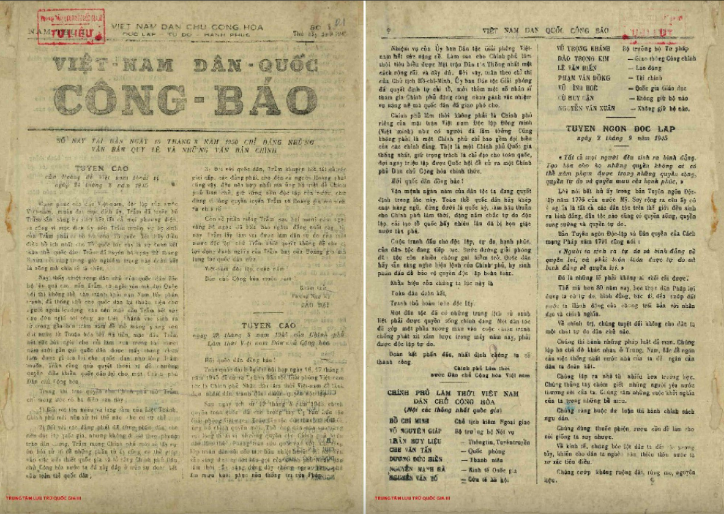
During his revolutionary activities, with his brilliant virtue and profound wisdom, Ho Chi Minh inspired and won the hearts of countless intellectuals, leading them to follow the revolution to serve the nation. He himself was an example of sacrifice, disregarding fame and profit, and striving selflessly for the country and the people all his life. He was the flag that aroused patriotism, gathered intellectuals and talents, and attracted them to patriotism. Thanks to that, the Vietnamese intellectual community became a powerful force, making an important contribution to the cause of uniting the entire people to gain national independence and build a strong and prosperous Fatherland.
Inheriting and following Ho Chi Minh's viewpoint on discovering and attracting talents, in the cause of innovation, our Party has issued many policies, resolutions and conclusions on this issue. The Platform for National Construction in the Transitional Period to Socialism (1991) clearly stated that talents are not only invaluable assets of the nation and people but also play a pivotal role in the cause of national construction, development and international integration. Resolution No. 03-NQ/TW dated June 18, 1997 of the Central Executive Committee, term VIII, "On the cadre strategy in the period of promoting industrialization and modernization of the country", stated: "Pay special attention to discovering, training and fostering talents". The document of the 10th Party Congress emphasized: "Implement the policy of discovering and promoting talents, attracting talents to important fields, regardless of whether they are inside or outside the Party". At the 11th Congress, the Party continued to affirm: "There is a special policy for the country's talents". Resolution No. 26-NQ/TW dated May 19, 2018, "On focusing on building a contingent of cadres at all levels, especially at the strategic level, with sufficient qualities, capacity and prestige, equal to the task" stated: "Build a national strategy on attracting and promoting talents in the direction of not distinguishing between Party members or non-Party members, Vietnamese people at home or abroad". At the 13th Congress, this viewpoint continued to be affirmed in Resolution of the Party Congress: “There is a breakthrough mechanism to attract and make good use of talents… promote innovation and creativity, create new momentum for the country’s rapid and sustainable development”. It can be said that our Party has fully recognized the role of talents and the attraction and use of talents in the cause of building and defending the socialist Fatherland.
The key point is to innovate the mindset of valuing talents. Ho Chi Minh pointed out: "Use them skillfully". That means, in addition to quantifying specific ethical and talent criteria with the consistent viewpoint of putting the interests of the nation and people first and foremost, we must be truly impartial, must have innovative thinking about personnel work and evaluating cadres in the market mechanism. Beware of unfair evaluation of talents due to "lobbying", "dodging", "buying positions, buying fame", "group interests"... that are not real.
Talents do not come naturally, because “no one is perfect”, in each person there is always good and bad, good and bad. Each person is an individual, has its own value, therefore, to truly seek and develop talents, one must have “a wise perspective, a tolerant heart”, must know how to appreciate and know how to promote talents selflessly for the common good. Good cadres must be discovered, trained and nurtured, must be tempered in practice, must be assigned reasonable, timely and scientific work; must be truly democratic, respectful and create an environment for them to work and contribute. Know how to appreciate, create conditions and educate talents to develop their capacity, create new things. Only with fairness and democracy can there be innovation and creativity, and talents can be promoted. Talents can only flourish when there is an environment and conditions for thinking, creating and contributing.
To realize the aspiration of developing a prosperous country, it is necessary to discover, train and gather talented people. It would be a loss and a waste for the country to let “brain drain” due to the lack of a mechanism to attract and use, due to jealousy and rivalry... causing “talent to wither”. On the path to implementing the renovation policy, it is necessary to pay great attention to building truly effective policy mechanisms and fully aware of training, fostering, attracting and using talents at all levels, in all sectors and fields. There should be special regulations in implementing the process of selecting cadres. That is the most feasible and necessary path in building a cadre team to develop the country to prosperity on the path to realizing the goal of national independence and socialism, “standing shoulder to shoulder with the world powers” as desired by President Ho Chi Minh.
Source


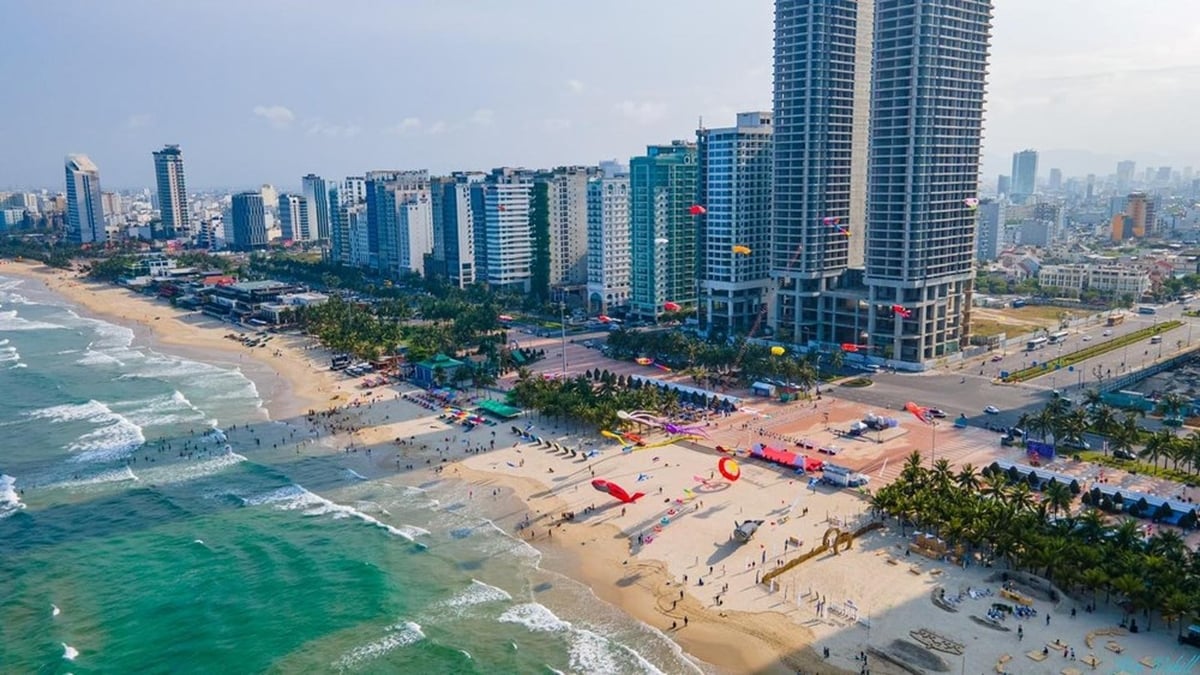
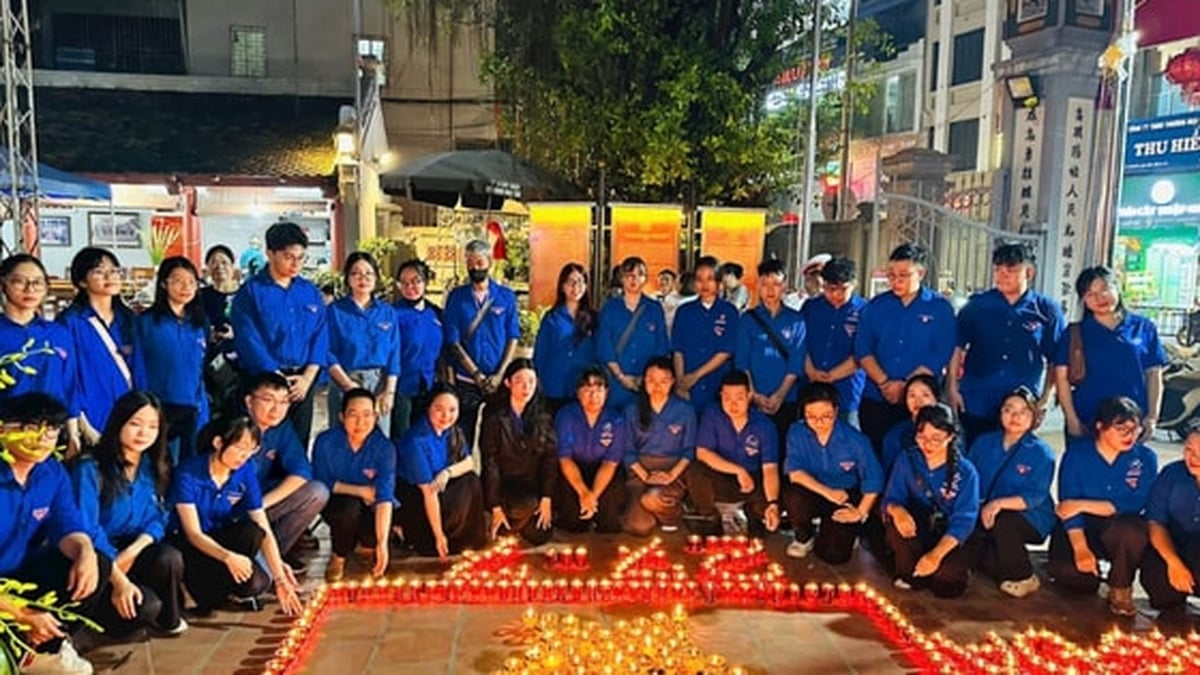
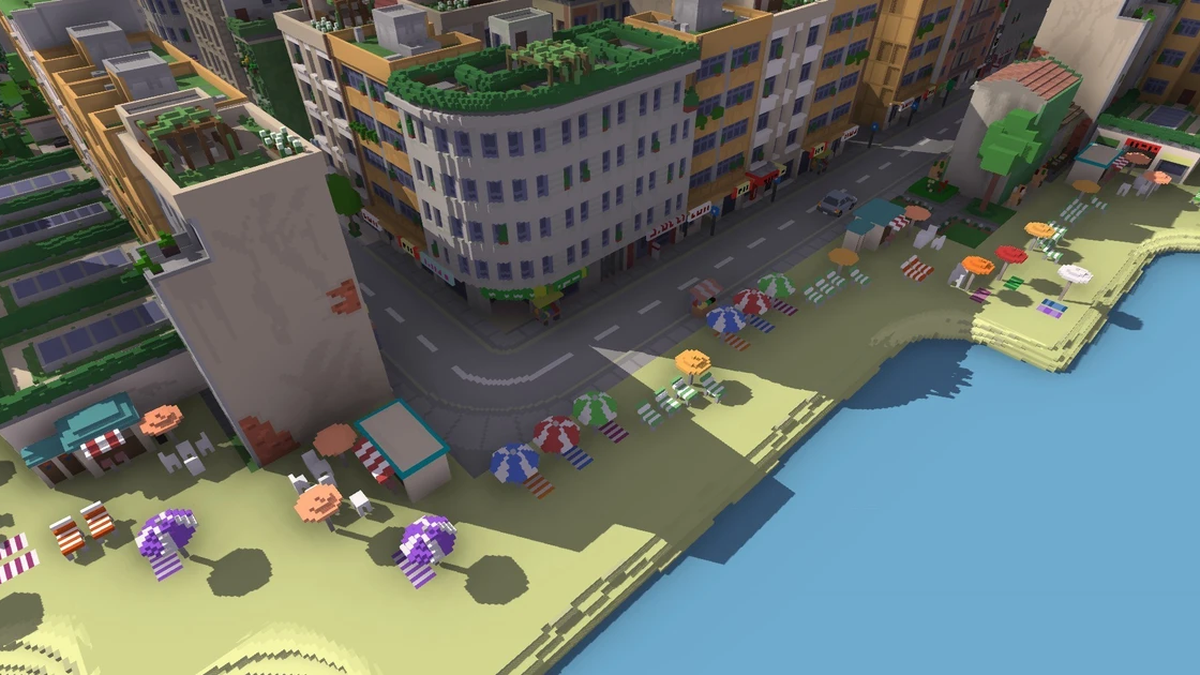
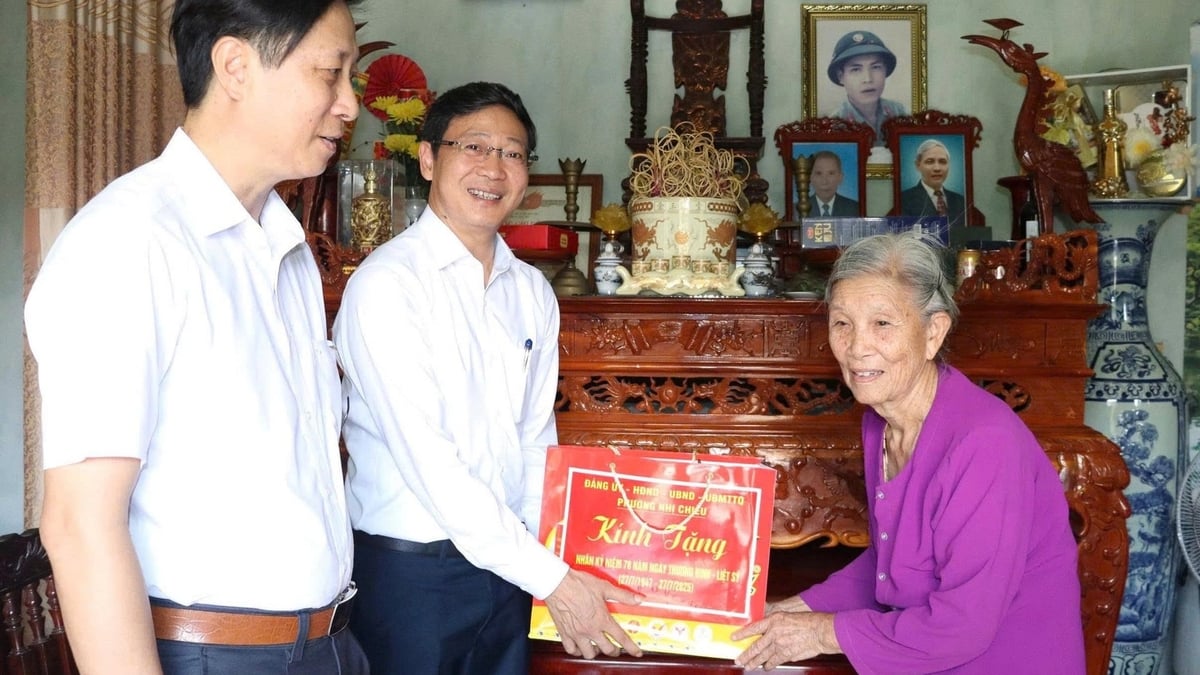
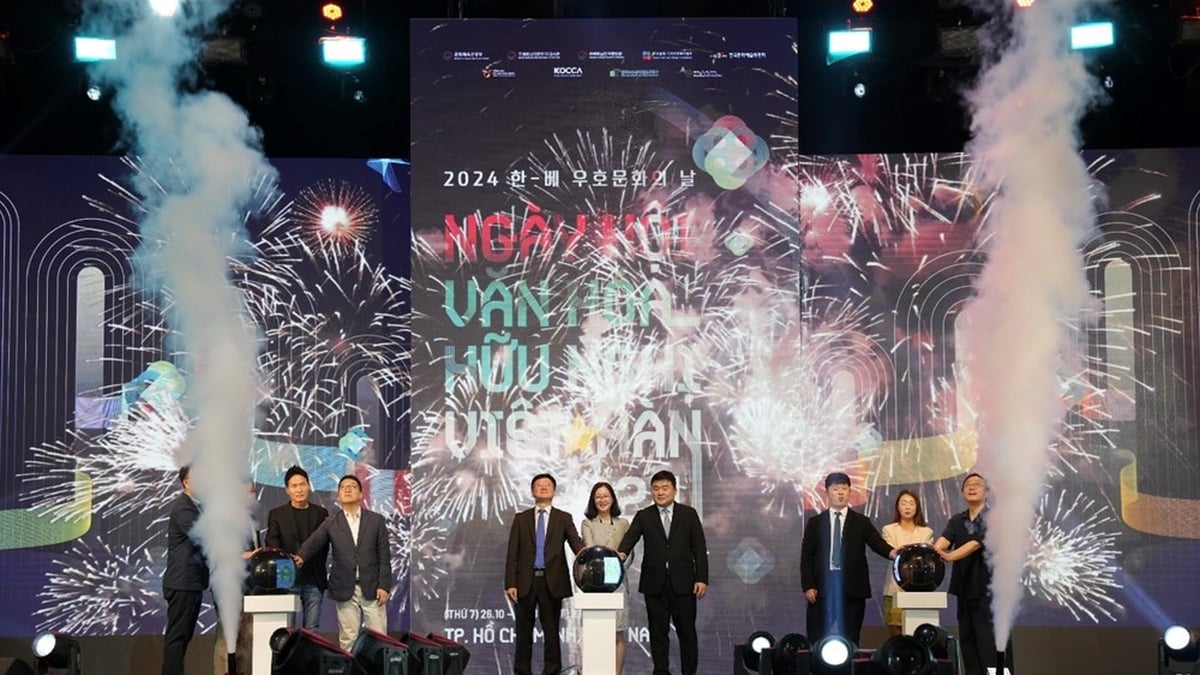
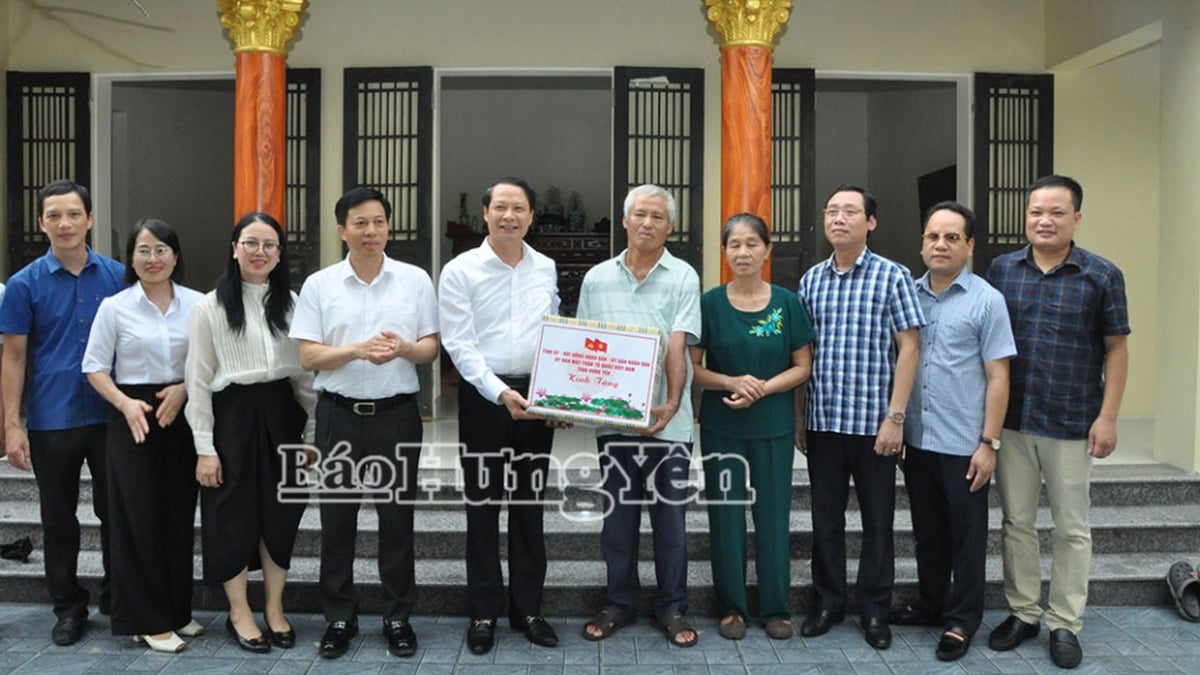
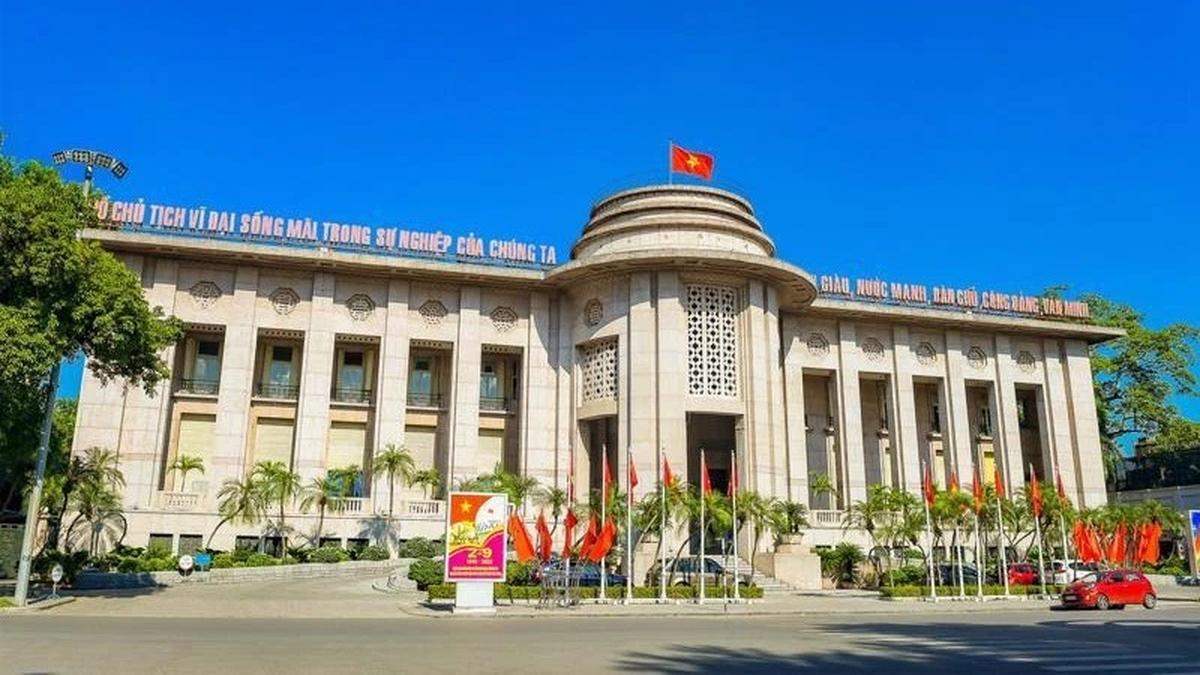

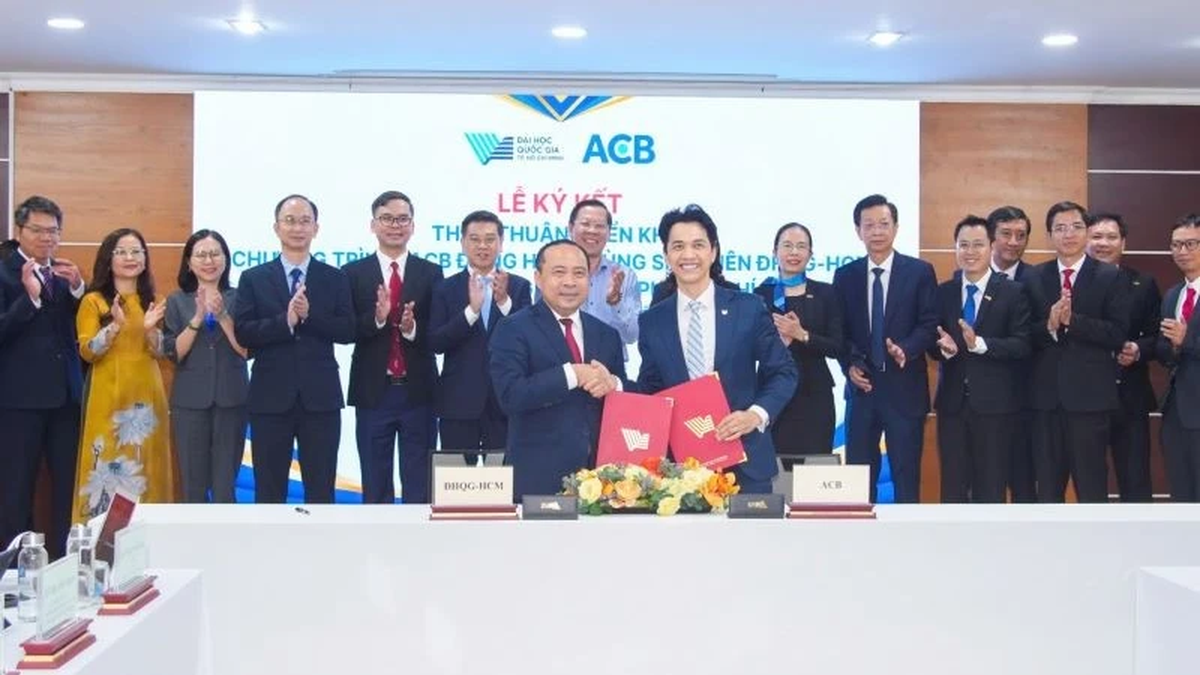
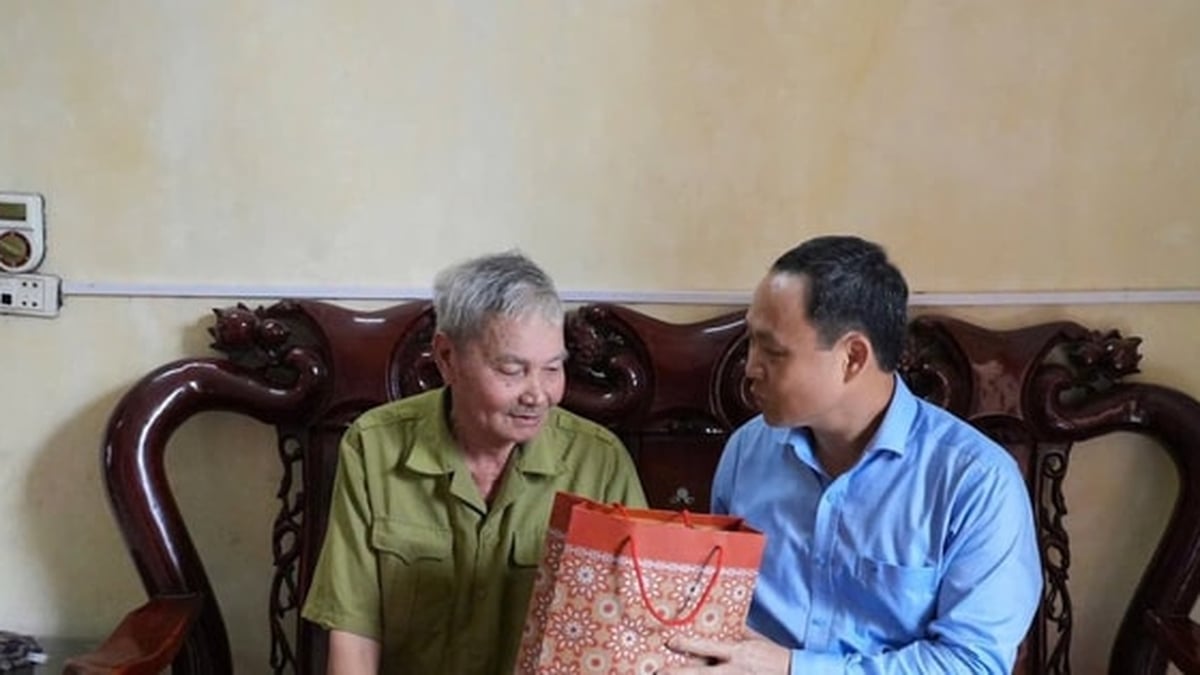


















![[Photo] Signing of cooperation between ministries, branches and localities of Vietnam and Senegal](https://vphoto.vietnam.vn/thumb/1200x675/vietnam/resource/IMAGE/2025/7/24/6147c654b0ae4f2793188e982e272651)









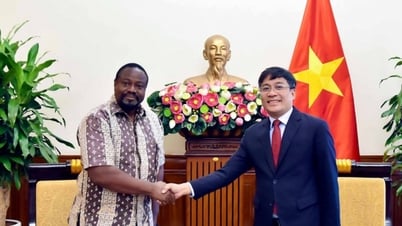
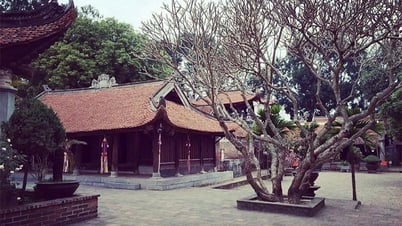






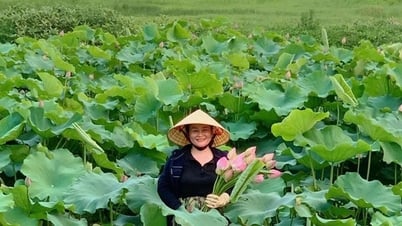

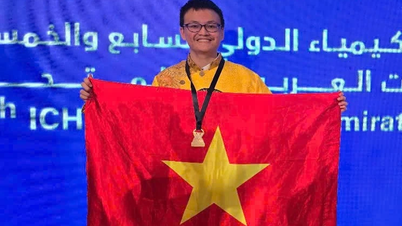

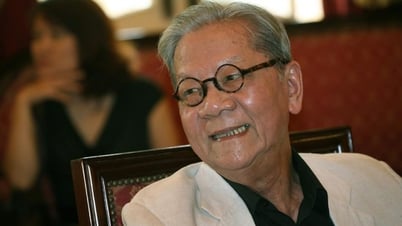








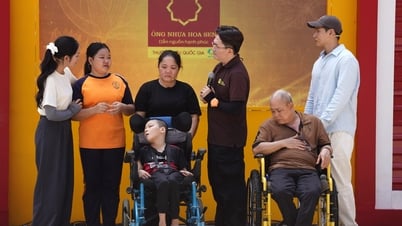

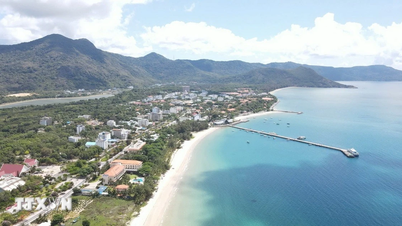
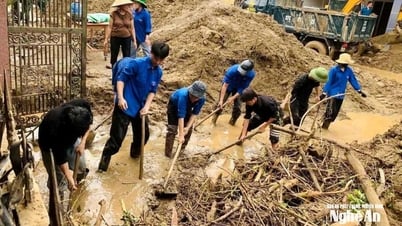

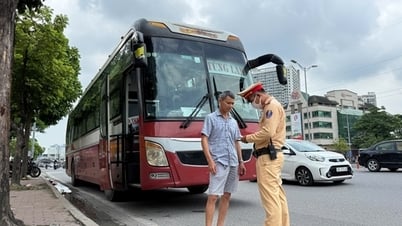



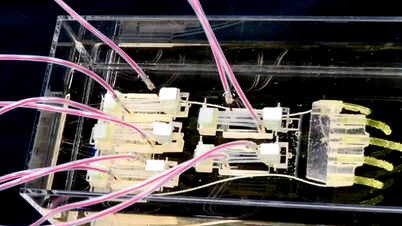
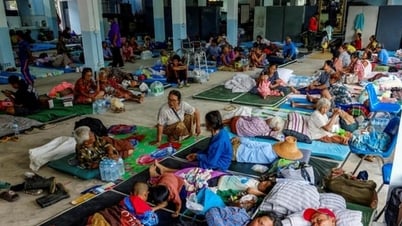

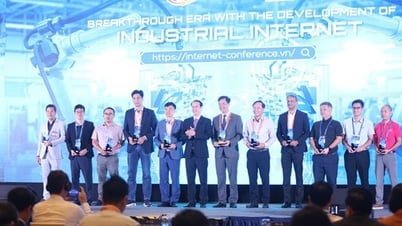

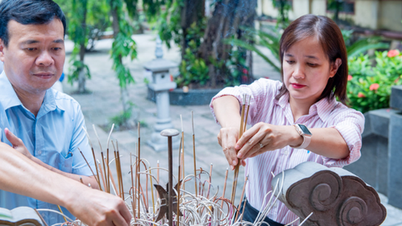
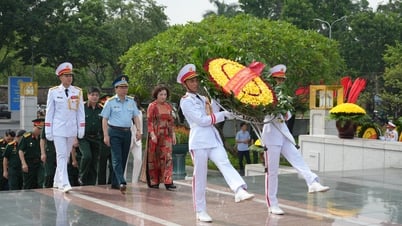

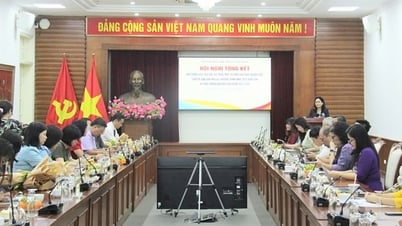

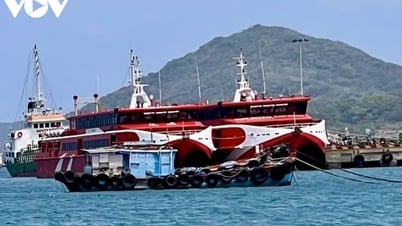
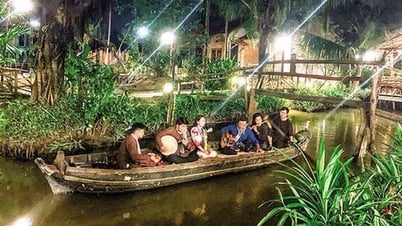






















Comment (0)